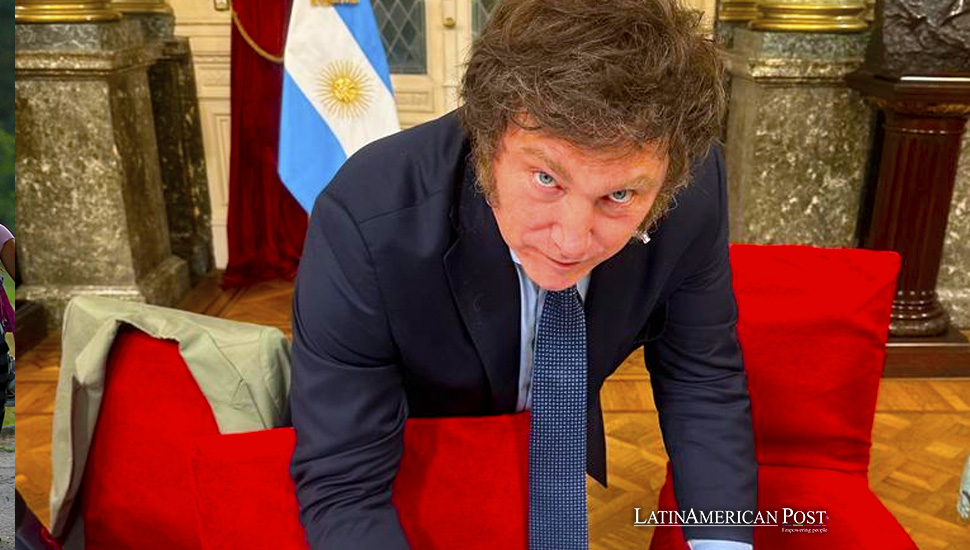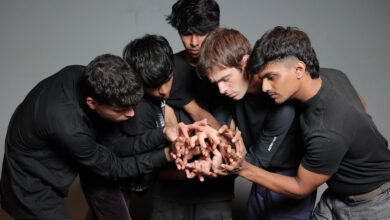Argentina Ends of the Ministry of Women, Gender, and Diversity

Argentina’s political landscape has witnessed a significant transformation as President Javier Milei formalizes the creation of the Subsecretariat for Gender-Based Violence Protection, marking the end of the Ministry of Women, Gender, and Diversity that existed under former President Alberto Fernández’s administration. This structural shift, enacted as part of Milei’s overarching plan to curtail public spending, has reignited discussions on gender equality and raised questions about the constitutionality of executive decrees.
Restructuring Argentina’s Ministries: Milei’s Vision for Equality
During his electoral campaign, Milei had foreshadowed his intent to reduce the number of ministries, and the Ministry of Women, Gender, and Diversity was not exempt from this overhaul. He articulated his belief in equality before the law, emphasizing that eliminating this Ministry was aligned with his vision. Milei contended that this restructuring aimed to dismantle privileges rather than rights, stating that the focus should remain on guaranteeing equality before the law.
As the Ministry of Women, Gender, and Diversity draws to a close, it has published a comprehensive report summarizing its four years of dedicated service and the principal policies it executed during its tenure. Among the notable achievements is the implementation of the Integrated System of Gender-Based Violence Cases. This system was designed to streamline information regarding gender-based violence cases and complaints, with nearly 867,000 inquiries processed over four years.
Innovative Programs for Gender-Based Violence Prevention and Support
Additionally, the Ministry introduced the Program for Urgent Support and Comprehensive Immediate Assistance for Extreme Cases of Violence. This program operates through various regional centers staffed by interdisciplinary teams of social workers, legal experts, and psychologists. Their mission is to prevent violence, promote rights, offer comprehensive support to individuals affected by gender-based violence, and enhance access to justice for women and the LGBTQ+ community.
The Ministry also managed the 144 Emergency Telephone Line, which, according to their data, provided assistance, support, and guidance to over one million individuals experiencing gender-based violence and their families. This confidential, toll-free hotline has been in operation for a decade, predating the creation of the Ministry of Women, Gender, and Diversity.
Inquiries regarding the continuity of these policies were uncertain, as the individual responsible for overseeing the Subsecretariat has yet to be appointed, according to the Ministry of Human Capital’s press team.
Empowering LGBTQ+ Individuals: Ministry’s Lasting Impact
Over the past four years, the Ministry of Women, Gender, and Diversity has made substantial progress in various initiatives, including the 1,000 Days Plan and the Menstruate Program. These efforts aimed to ensure equitable access to menstrual products and lactation kits for thousands of LGBTQ+ individuals throughout Argentina.
Lastly, the Ministry has provided training and technical assistance to over 15,000 LGBTQ+ individuals. Through these programs, more than 900 transgender and non-binary individuals secured formal employment within the National Public Sector and gained access to other essential rights.
Also read: Women Mexican Catholics Redefine Faith by Embracing Choice and LGBTQ+ Rights
As Argentina undergoes this administrative reconfiguration, the fate of gender-based violence protection and equality initiatives hangs in the balance. The transition from the Ministry of Women, Gender, and Diversity to the Subsecretariat for Gender-Based Violence Protection is crucial, prompting discussions on the government’s commitment to gender equality, human rights, and constitutional adherence. In the coming months, the nation will closely observe how this restructuring impacts its approach to gender-related issues and whether it advances or hinders the pursuit of gender equality and justice.




